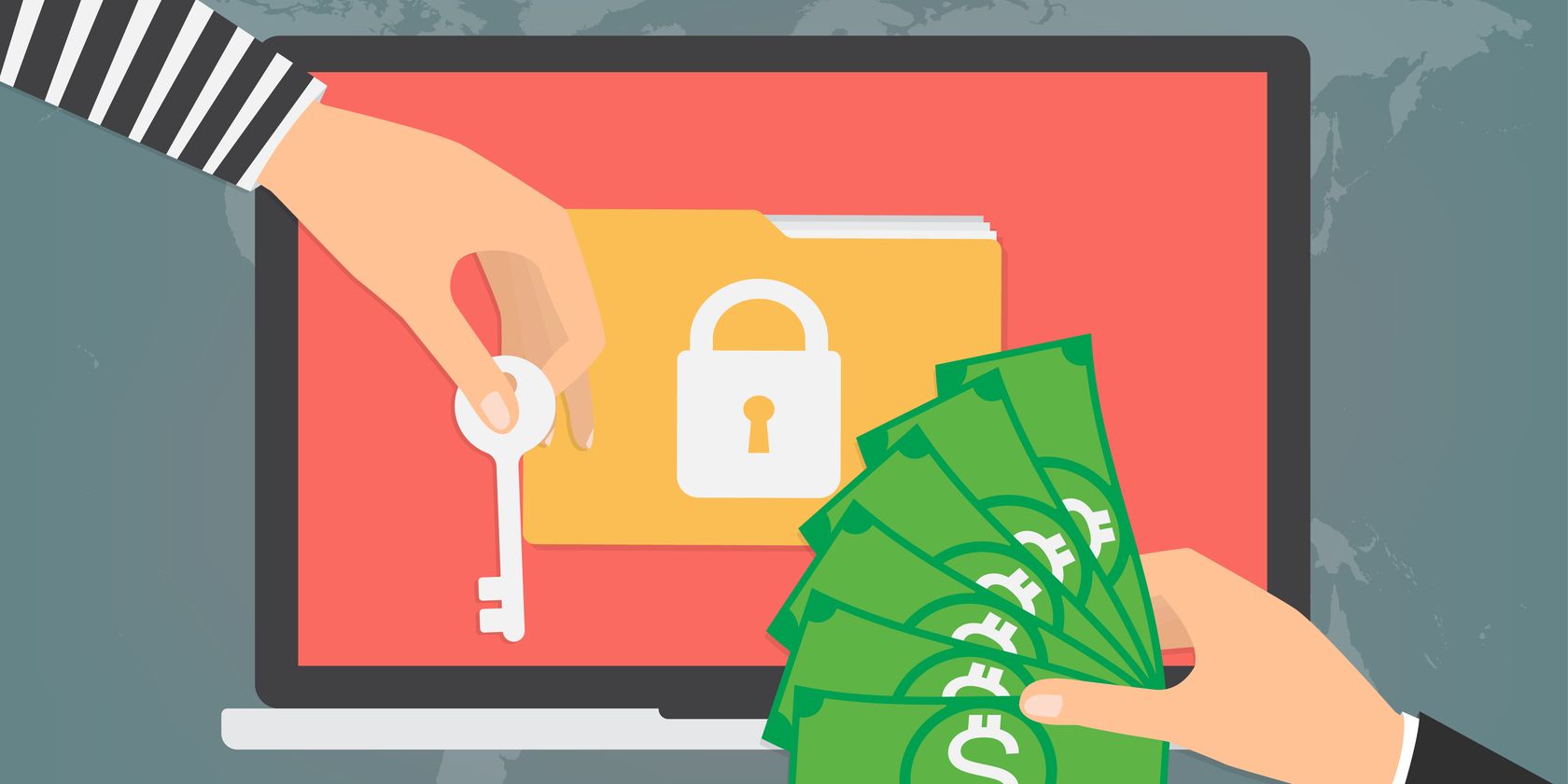Back in the 1920s, the United States government sought to tackle the gangsters of the day who, among other rackets, extorted victims for money in protection rackets.
Jump forward a century to the 2020s, and the U.S. Department of Justice (DOJ) is setting out to battle another type of criminal fraudster---this time in the form of ransomware cyber attackers, who seek to extort money from targets by holding valuable files hostage.
The Threat of Ransomware
Ransomware refers to a type of malware-based attack in which attackers use software to encrypt vital files and systems belonging to targets; only handing over a decryption key (hopefully) when a ransom is paid, usually in bitcoin.
Other, newer, ransomware attacks add a nasty spin on these attacks by also exfiltrating data, which they then threaten to release if their extortion attempts are not met with bags of digital cash.
Ransomware has affected many businesses and individuals around the world. The problem is getting worse, too. In April, for example, ransomware attackers operating under the name REvil managed to break into the computer systems of one of Apple's MacBook suppliers, Quanta Computer, and steal proprietary files. These reportedly included information on future unreleased Apple products. They then tried to blackmail Quanta, along with Apple and other companies, to pay up to avoid this information being published.
According to the Wall Street Journal, the DOJ's task force will seek to break up the efforts of ransomware attackers. In an internal memo, Acting Deputy Attorney General John Carlin said that ransomware poses both an economic threat and a threat to "the safety and health of Americans."
The Wall Street Journal report notes that:
The memo calls for developing a strategy that targets the entire criminal ecosystem around ransomware, including prosecutions, disruptions of ongoing attacks and curbs on services that support the attacks, such as online forums that advertise the sale of ransomware or hosting services that facilitate ransomware campaigns.
Fighting Back Against the Attackers
The task force will see the DOJ work with prosecutors, Homeland Security, and the private sector, to crack down on ransomware. "By any measure, 2020 was the worst year ever when it comes to ransomware and related extortion events," Carlin, overseeing the task force, told the Wall Street Journal. "And if we don't break the back of this cycle, a problem that's already bad is going to get worse."
It remains to be seen whether this initiative will result in any high-profile prosecutions or successful takedowns of players---big or small---in the ransomware space.
Still, given the threat that these attacks pose, it's high time that the government got serious about fighting back against cyber criminals.
Image Credit: Nicescene / Shutterstock.com

